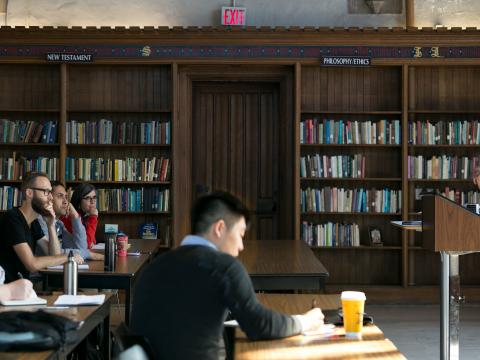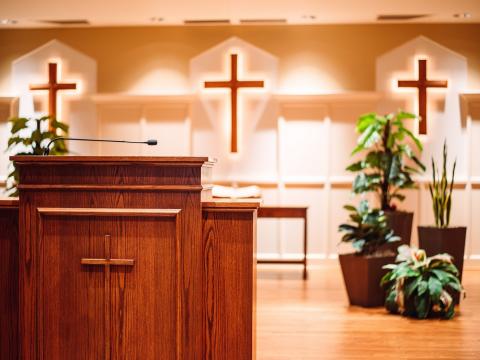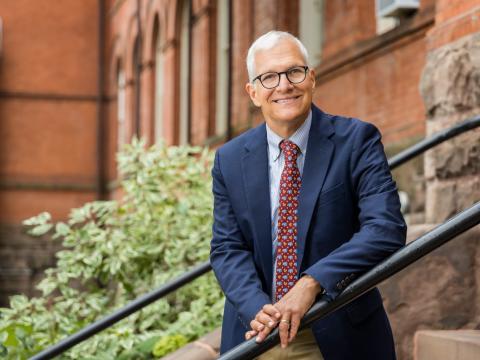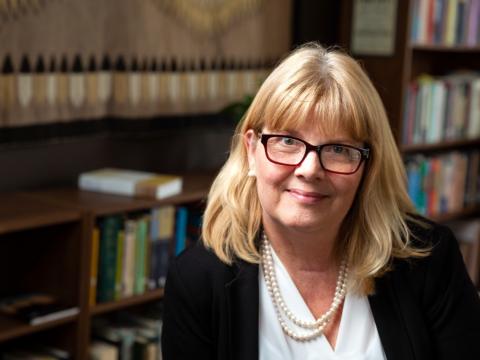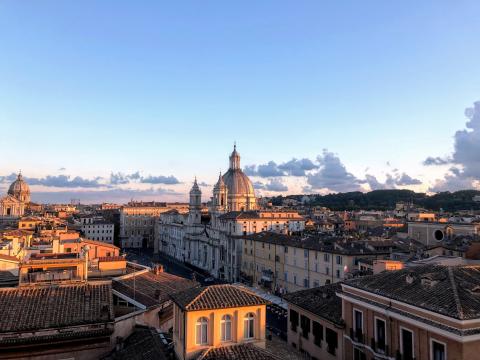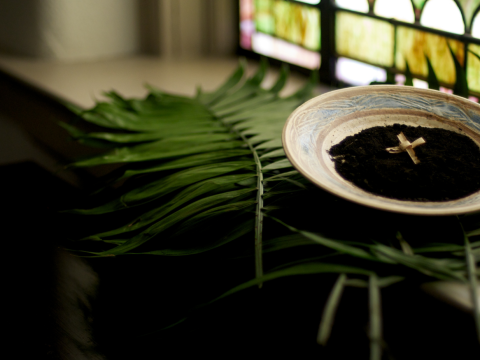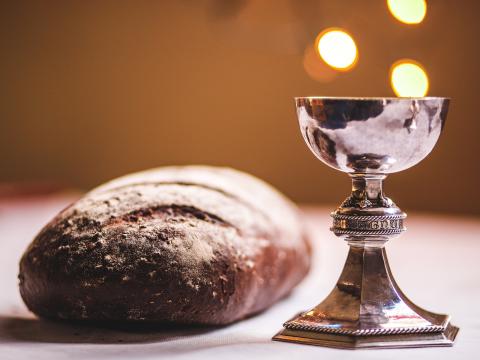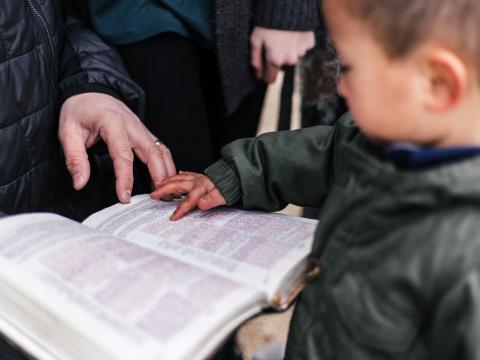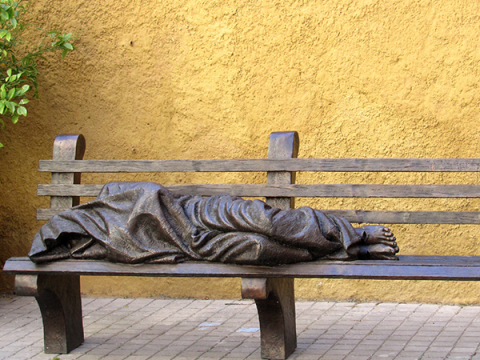Magi at the Manger: A Hermeneutical Meditation for Epiphany
One of the most treasured items that gets hauled out of storage in our household each Christmas season is the crêche, or Nativity scene. Ours is a simple affair. It is composed of wooden folk-art figures made, as I recall, in Costa Rica. We see gentle Mary, kneeling in wonder before the child she has just delivered, and faithful Joseph, holding a lamp. A shepherd has just wandered in, accompanied by two of his sheep. There is also a random cow milling about; it is after all a stable.
Read more

